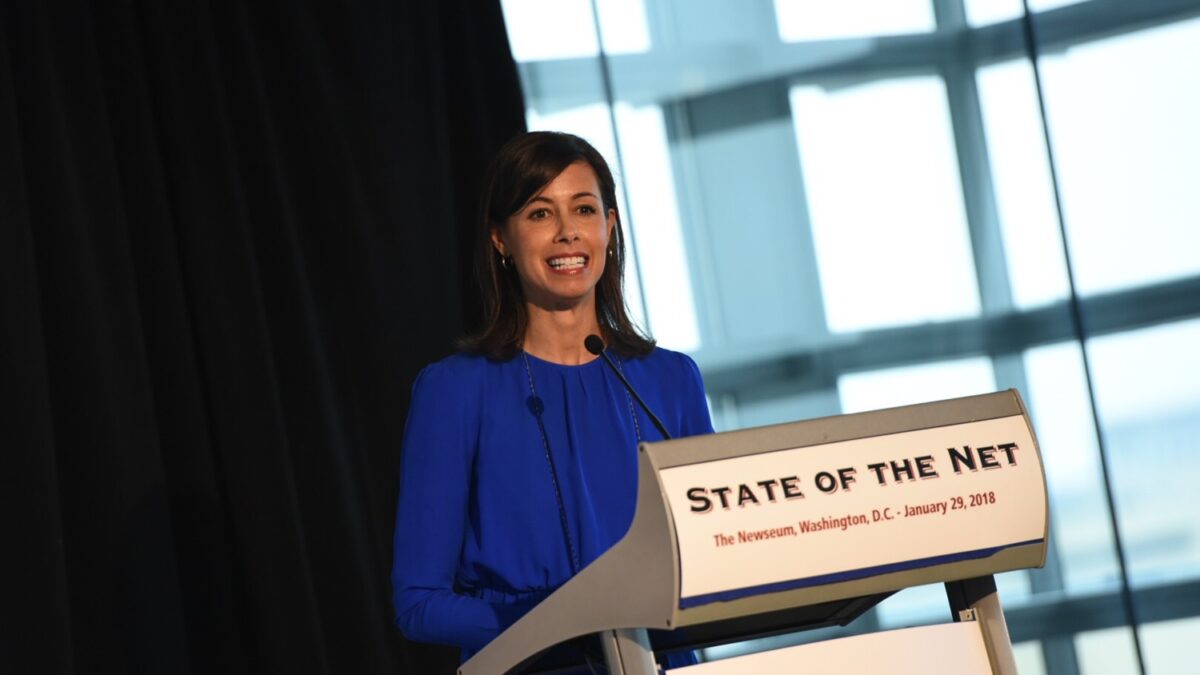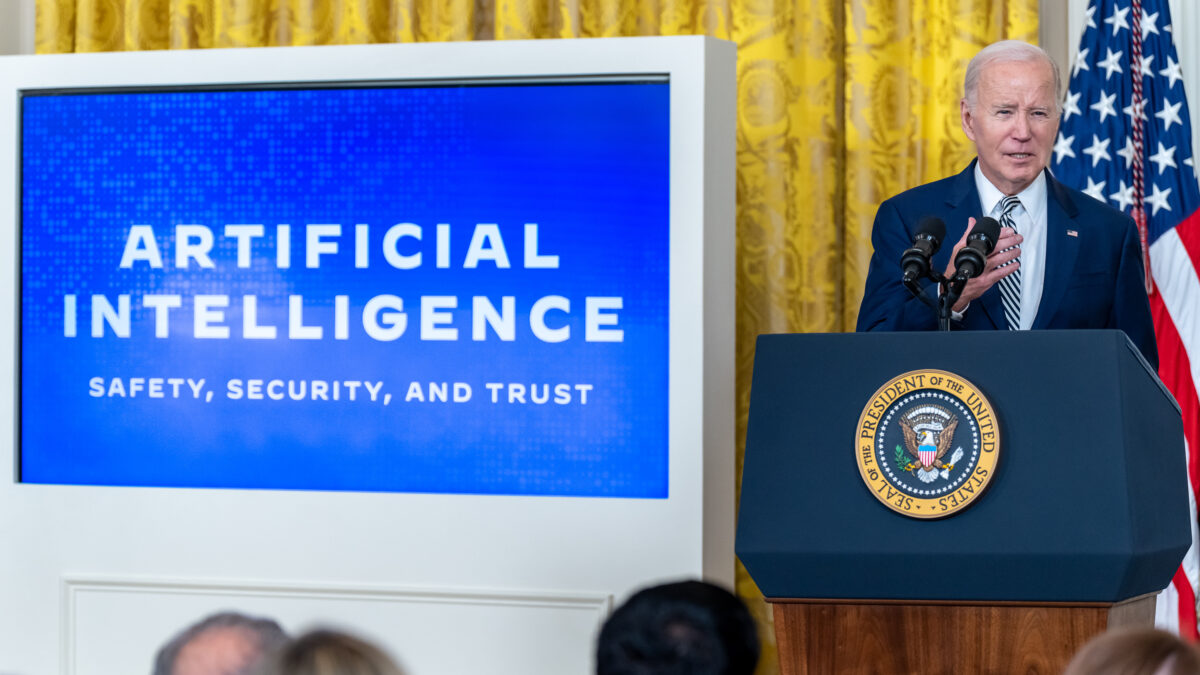The Federal Communications Commission is poised to assert itself as the Ministry of Diversity, Equity, and Inclusion. This week, the unelected bureaucrats at the agency will vote on rules to shoehorn the latest woke ideology about race and identity into the internet ecosystem. If you like what leftists have done to public education, then you will love this endeavor. It punishes innovation and hinders opportunities to access the internet — all in the name of equity.
As part of the bipartisan Infrastructure Investment and Jobs Act, passed in 2021, Congress delegated the FCC the power to “take steps to ensure that all people of the United States benefit from equal access to broadband internet access within the service area of a provider of such service.” While the endeavor to promote equality is noble, the agency has found “little to no evidence” of intentional discrimination. It fails to give any examples of digital discrimination where people and communities are systematically unserved based on their “income level, race, ethnicity, color, religion, or national origin.”
The ‘Disparate Impact’ Dragnet
Leftists at the FCC have decided to use this opportunity to deliberately misread the statute and force equity into the internet ecosystem. The order considers covering a host of services, including “discounts,” “language options,” “credit checks,” marketing, and advertising. I have no idea what this means. Will the FCC investigate whether or not broadband companies are following Disney’s approach to casting?
The agency drafted rules that extend far beyond legislative intent. The regulators have created a regime that will punish any entity working to expand internet access or deliver internet services if the agency deems it did so in a way that enables discrimination. Central to the agency’s rules is the “disparate impact” standard.
As the team at the International Center for Law and Economics explains, “disparate-impact analysis might find that low-income households have lower rates of internet adoption, and infer this was due to discrimination.” Basically, any perceived ill that has connections to large socio-economic questions will be caught in this digital discrimination dragnet.
Unjust Until Proven Equitable
Instead of carefully crafting a framework that identifies bad actors, describes their discriminatory actions, and outlines solutions to them, the FCC just assumes everyone is guilty. The regulators will treat any entity that tries to build up the next generation of internet access as purveyors of systemic injustice. The agency’s order does not give tangible examples of violations but operates under the premise that it should punish all broadband internet companies.
The regime applies to every company in the broadband internet space. It even applies to the small business contractors who build and maintain the infrastructure. These operators and technicians simply build where governments have permitted them to construct cell towers or lay fiber. But if the FCC deems that their work promotes discrimination, then bureaucrats will investigate and punish the workers on the frontlines.
This bureaucracy will hamstring the entire internet ecosystem. The rules will hinder industry leaders from developing and deploying new technologies that could transform internet access. Companies might fear that the FCC will interpret their best efforts as discrimination if all communities do not have an “equitable” opportunity to adopt the innovations.
Broadband Access Quotas
The order also establishes essentially a quota system for broadband access. If any ethnicity, religion, or identity fails to adopt broadband — at an arbitrary level established by the FCC — then the agency’s enforcement arm can come down hard on the “offending” partner.
For example, in Pennsylvania, the population of Amish residents in Lancaster County is more than 39,000. As we learned from last month’s emergency alert test, there are quite a few Amish individuals who enjoy digital connectivity. If the FCC does not think enough Amish people subscribe to cell phone plans or use Wi-Fi in their barns, then the agency has granted itself the authority to investigate the supposed shortcoming as a violation of the digital discrimination order. Think of the absurdity: The FCC could actually punish a provider for not selling cellphones to enough Amish people. With this new regime, it is clear there are no limits to what the FCC will consider a breach.
Promoting Internet Innovation
Instead of an arbitrary and undefined regime, the FCC would better serve the nation by establishing a framework that encourages cities and municipalities to promote the deployment of next-generation internet access. Too many communities, such as New York City, are dragging their feet. Others, like San Jose, are delaying deployment by charging internet providers exorbitant fees to build out these transformative networks.
It is clear the FCC’s rules are not concerned with improving internet access and upward mobility. Instead, they’re intended to dramatically expand the federal government’s power. There are real challenges to closing the digital divide, but the new order will not help that effort.
Now is the time to empower creators and innovators who are bringing new ideas to life. The FCC should work to promote new opportunities and technologies that will enable upward mobility rather than create a regime that punishes entrepreneurs who dare to take chances.









